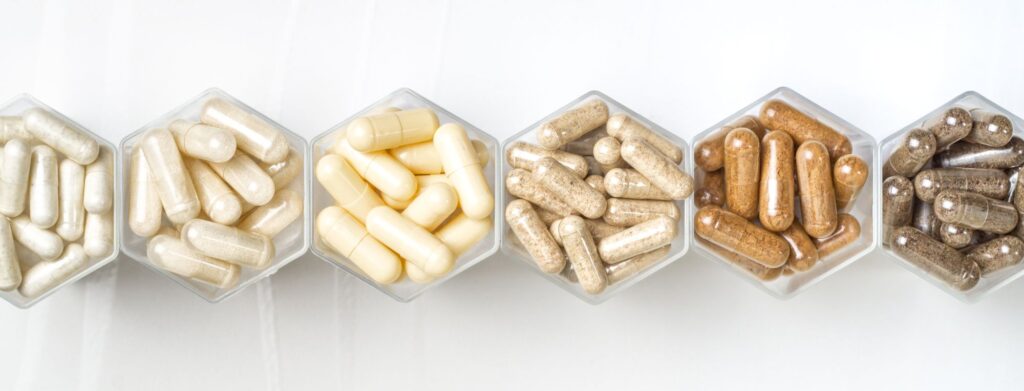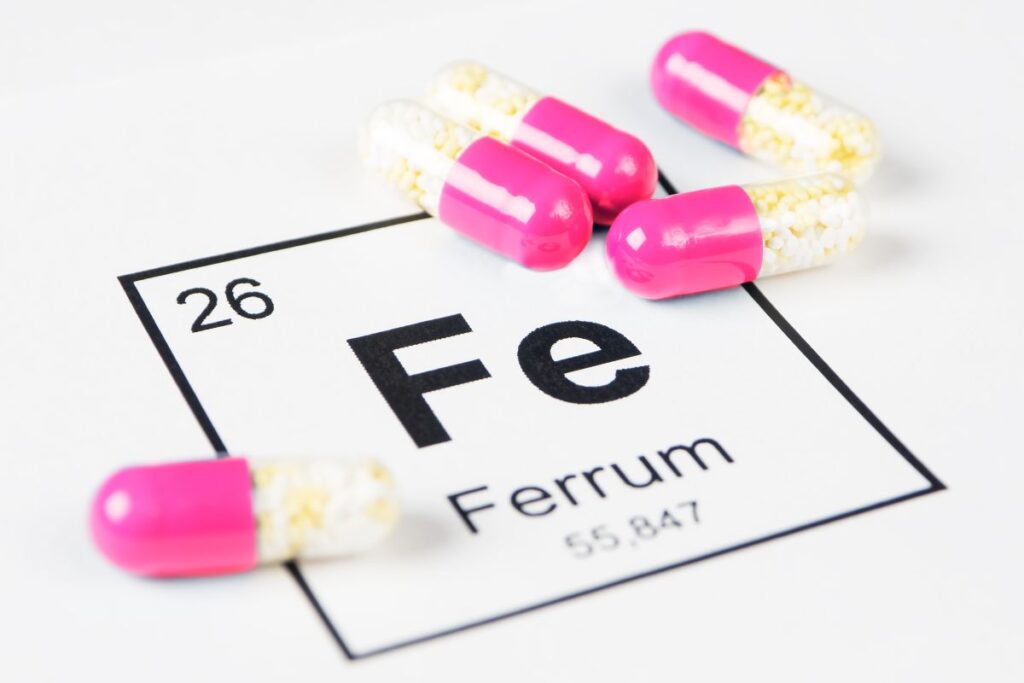What Vitamins Boost Metabolism? Key Nutrients You Need

Boosting metabolism goes beyond exercise and diet; vitamins play a vital role in energy production and efficient body function. Understanding what vitamins boost metabolism can empower you to make informed health decisions.

Top Vitamins That Boost Metabolism
Wondering how to supercharge your energy levels? These essential vitamins can make a big difference in your metabolism and overall vitality.
Vitamin B Complex
The Vitamin B complex consists of eight essential vitamins, each with a unique role in metabolism. B1 (Thiamine) is crucial for breaking down carbohydrates, while B2 (Riboflavin) assists in energy release. B3 (Niacin) plays a part in cellular respiration, converting nutrients into energy.
B5 (Pantothenic Acid) helps synthesize coenzyme A, a molecule needed for energy metabolism. B6 (Pyridoxine) aids in amino acid processing and neurotransmitter function, and B7 (Biotin) is critical for fat and carbohydrate metabolism.
B9 (Folate) supports DNA synthesis, and B12 ensures red blood cells are healthy, facilitating oxygen transport for energy.
Vitamin D
Vitamin D does more than support bone health; it influences metabolic processes, muscle function, and even fat breakdown. Low Vitamin D levels have been linked to obesity and metabolic disorders. Sunlight exposure is the most natural way to obtain Vitamin D, but it can also be found in fatty fish, egg yolks, and fortified foods.
By activating receptors in muscles and the immune system, Vitamin D helps maintain a balanced metabolism and supports muscle efficiency, which is crucial for energy expenditure.
Vitamin C
Aside from its immune-boosting properties, Vitamin C plays a critical role in metabolic function. It assists in the synthesis of carnitine, a compound that transports fatty acids into mitochondria, where they are burned for energy. This process makes Vitamin C essential for efficient fat metabolism.
Additionally, its antioxidant capabilities protect cells from damage caused by free radicals, which can otherwise impair metabolic efficiency. Foods rich in Vitamin C include citrus fruits, bell peppers, strawberries, and broccoli.
Vitamin E
Vitamin E acts as a powerful antioxidant, protecting cell membranes and ensuring that metabolic processes run smoothly. By combating oxidative stress, it prevents damage to mitochondria, the powerhouses of cells where energy production occurs.
This protection helps the body maintain high energy levels and a healthy metabolism. Vitamin E can be found in nuts, seeds, spinach, and avocado, making these foods excellent choices for metabolic support and overall health.
Iron
Iron is indispensable for energy metabolism because it forms a key component of hemoglobin, the protein in red blood cells that carries oxygen from the lungs to the rest of the body. Without sufficient oxygen, cells cannot efficiently produce energy.
Iron deficiency can lead to fatigue and a slower metabolic rate. Incorporate iron-rich foods like lean meats, legumes, tofu, and fortified cereals into your diet, and consider pairing them with Vitamin C-rich foods to enhance absorption.
Magnesium
Magnesium is involved in over 300 enzymatic reactions, including those related to energy production. It assists in breaking down carbohydrates and fats to generate energy and supports muscle and nerve function. Magnesium also plays a role in balancing blood sugar levels, which helps keep metabolism steady.
Foods such as almonds, spinach, black beans, and whole grains are excellent sources. By regulating muscle contractions and energy use, magnesium ensures your body can handle physical activity efficiently, boosting overall metabolic health.


How to Incorporate These Vitamins into Your Diet
Getting these vitamins doesn’t have to be complicated. Here’s how you can include them in your daily routine to support your metabolism.
- Food Sources: Incorporate leafy greens, lean proteins, eggs, citrus fruits, nuts, and seeds into your meals.
- Supplements: If dietary intake is insufficient, consult a healthcare professional for vitamin supplements.
- Lifestyle Habits: Pair vitamin intake with regular exercise, adequate hydration, and quality sleep to maximize metabolic benefits.
Conclusion
Incorporating the right vitamins into your routine can give your metabolism the support it needs. By focusing on nutrient-rich foods and smart lifestyle choices, you can enhance your energy and feel more vibrant. Remember, small changes can lead to big improvements in your metabolic health over time.
Frequently Asked Questions (FAQs)
What are the best foods to boost metabolism naturally?
Foods rich in B vitamins, iron, and magnesium—like spinach, beans, and nuts—help rev up metabolism.
Can taking vitamin supplements speed up metabolism?
Supplements can support metabolic health, especially if deficiencies are present, but they work best with a balanced lifestyle.
How long does it take for vitamins to affect metabolism?
Changes depend on individual health and vitamin levels; some people notice improvements within weeks.
Do I need to consult a doctor before taking metabolism-boosting vitamins?
Yes, it’s wise to consult a healthcare provider before starting any new supplement to ensure it aligns with your health needs.
Want faster nutrient absorption than oral supplements? Our IV hydration therapy delivers vitamins and minerals directly to your cells. Whether you need an energy boost or performance recovery support, IV therapy offers superior bioavailability. See our pricing and schedule your treatment.

